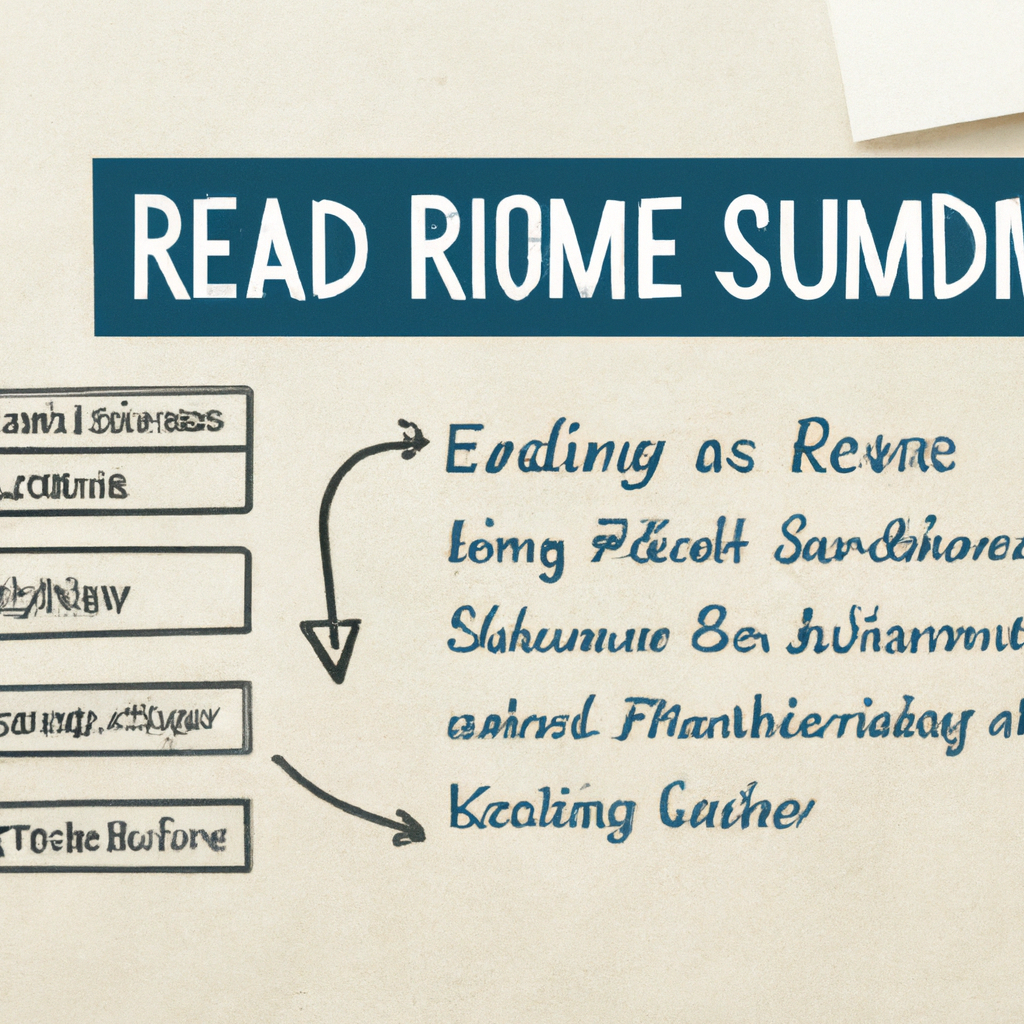How to Build a Strong Academic Resume: Essential Resources and Strategies
Creating a compelling academic resume is a crucial step for students, researchers, and professionals aiming to showcase their educational achievements, research experience, and academic skills. Whether you are applying for graduate school, a scholarship, or a research position, a well-crafted academic CV can set you apart. In this guide, we will explore effective strategies, expert tips, and indispensable resources for building a strong academic resume that highlights your unique strengths.
What is an Academic Resume?
An academic resume—often referred to as an academic curriculum vitae (CV)—is a specialized document that details your educational background, research experience, teaching roles, publications, presentations, and honors. Unlike a standard job resume, an academic CV is typically longer and more comprehensive, emphasizing scholarly achievements, extracurricular activities, and skills relevant to academic pursuits.
- Highlights research and teaching experience
- Includes academic awards and honors
- Lists publications, conference presentations, and professional affiliations
Structuring Your Academic Resume
A clear and organized layout is vital for an effective academic resume. Admissions committees and hiring panels often review many applications, so your resume should be easy to read and visually appealing. Here is a recommended structure:
- Contact Information: Name, email, phone number, and address.
- Education: Degrees earned or in progress, institutions, and graduation dates.
- Research Experience: Projects, roles, and outcomes.
- Teaching Experience: Courses taught, responsibilities, and evaluations.
- Publications & Presentations: Academic papers, posters, and talks.
- Honors, Awards & Scholarships: Recognitions and grants received.
- Professional Affiliations: Memberships in academic organizations.
- Skills: Technical, analytical, and language skills.
- Extracurricular Activities: Leadership, volunteering, and relevant hobbies.
Tips for Crafting a Strong Academic Resume
- Tailor Your Resume: Customize each resume for the specific program or position by emphasizing relevant experience and academic skills.
- Use Clear Formatting: Employ consistent fonts, headings, and bullet points to improve readability.
- Quantify Achievements: Where possible, use numbers to highlight your impact (e.g., “Published 3 peer-reviewed articles” or “Taught 120+ students in undergraduate biology labs”).
- Highlight Academic Projects: Include significant research projects or capstones, specifying your role and outcomes.
- Include Keywords: Incorporate LSI keywords such as “academic achievements,” “research experience,” “leadership activities,” “scholarship applications,” and “professional development.”
- Proofread: Eliminate grammatical and formatting errors to demonstrate attention to detail.
Top Resources for Building a Strong Academic Resume
To assist in the resume-building process, numerous resources are available for templates, guidance, and best practices. Here are some of the most valuable:
- University Career Centers: Many institutions offer resume workshops, sample CVs, and one-on-one advising.
- Academic Writing Centers: Get help with the language, structure, and presentation of your academic CV.
- Resume Templates: Use professionally designed templates that focus on academic achievements and research skills to save time and ensure a polished look.
- Peer Review: Ask mentors, advisors, or fellow students to review your resume and provide feedback.
- Online Tools: Leverage resume builders and formatting tools that cater to academic CVs, ensuring your layout is clean and effective.
Common Mistakes to Avoid
While building your academic resume, steer clear of these frequent errors:
- Using generic templates not suited for academic applications
- Omitting important sections like publications or conference participation
- Listing irrelevant work experience without connecting it to transferable skills
- Neglecting to update your resume regularly
- Failing to include keywords relevant to your field and role
Advanced Strategies for Academic Resume Success
As you refine your academic resume, consider these advanced techniques to further enhance its impact:
- Showcase Leadership: Highlight your involvement in student organizations, editorial boards, or conference committees to demonstrate leadership and initiative.
- Integrate Soft Skills: Academic resumes should also showcase skills like communication, collaboration, and problem-solving.
- Use Action Verbs: Start bullet points with strong verbs such as “conducted,” “organized,” “developed,” or “presented.”
- Emphasize Professional Development: Include workshops, certifications, and continuing education relevant to your academic goals.
Conclusion: Building Your Academic Resume with Confidence
Developing a strong academic resume is an evolving process that requires attention to detail, strategic presentation, and a focus on your unique academic journey. By leveraging effective resources, maintaining a clear layout, and regularly updating your achievements, you can create an academic CV that stands out to admissions committees and academic employers alike. Remember to seek feedback, use relevant keywords, and highlight your most significant accomplishments. Your academic resume is not just a summary—it’s a powerful marketing tool for your scholarly potential!



